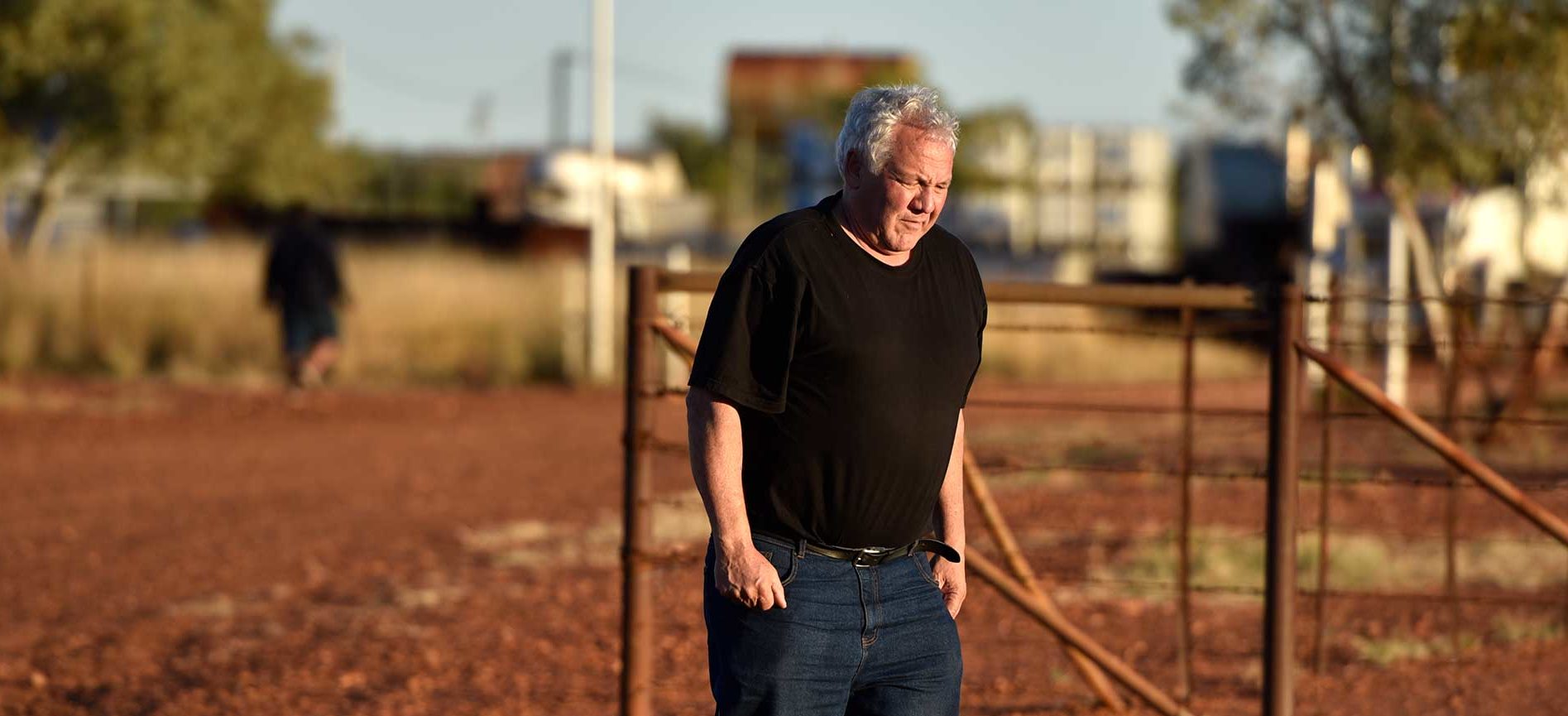Rodney Dillon (he/him) is a Palawa man from Tasmania and Amnesty International Australia’s Indigenous Rights Advisor
As a proud Palawa man from Tasmania, the work we’re doing looking at Indigenous incarceration gives me that heartbroken feeling but it has also made me want to do more to stop this pain being felt within my community.
It’s heartbreaking to me that I write this in the lead up to a sad anniversary that should have marked the change that’s needed: the death of 16-year-old Yindjibardi boy, John Pat.
Remembering John Pat
John Pat died in a police cell on 28 September in 1983 at Roebourne police station in Western Australia (WA). He was found to have suffered a fractured skull, hemorrhage and bruising and tearing of the brain. In the 38 years since his death, there has been no independent investigation into what led to these kinds of injuries and no official apology to his family.
Since 1991, when the Royal Commission into Aboriginal Deaths in Custody made 339 recommendations aimed at addressing the high number of deaths like John Pat’s, the number of Aboriginal deaths in custody has increased.
Between the Royal Commission and now, more than 470 Aboriginal people have lost their lives in police custody.
Growing crisis
To put things into perspective: Aboriginal people make up just over 2 percent of the population but over 28 per cent of Australia’s prison population.
These shocking figures are made up of my Aboriginal brothers and sisters in prisons around the country.
The help I can offer, as one person, is minimal because the solutions aren’t simple.
We’re looking into what’s working and what’s not to find ways to push governments to stop the current trend. If you look at a State like WA with the highest Indigenous incarceration rates in Australia – where an Indigenous person is 14 times more likely to be jailed than a non-Indigenous Australian – it’s clear we’re facing a growing crisis in which we could lose a generation of Indigenous Peoples lost to a life locked up.
In the world we live in, if you commit a crime, and face the courts, you’re given a sentence to serve – that’s understandable. What isn’t, is treating kids like they’re adults and reducing education and recreation time when we’re supposed to be focusing on how we can help them get on the right track and stay out of jail. It’s time to raise the age of criminal responsibility.
The Royal Commission into Aboriginal Deaths in Custody told us that incarceration must be used as a last resort for our people, and yet it feels like more and more black kids and adults are being locked up and losing their lives in these places. Join us in our fight to end Aboriginal deaths in custody, hold those responsible deaths in custody to account, and support the families suffering without justice.
What now?
How many more John Pats will it take for us to realise we need to ensure not only that the recommendations of the Royal Commission are carried out in every State and territory, but that we start focusing on how we can stop kids from entering jail in the first place?
It is my hope that working with State, territory and community leaders we will be able to end this vicious cycle that’s been unfolding for years.
To get involved and support Amnesty International’s Indigenous rights work:
- Take action now by signing and sharing our petition to stop Aboriginal deaths in custody
- Take action now by signing and sharing our petition to stop locking up 10 year olds in prison
- Learn more about our Indigenous justice campaigning work
- Become a regular donor to Amnesty International
- Contact your local action centre to get involved in local activities
